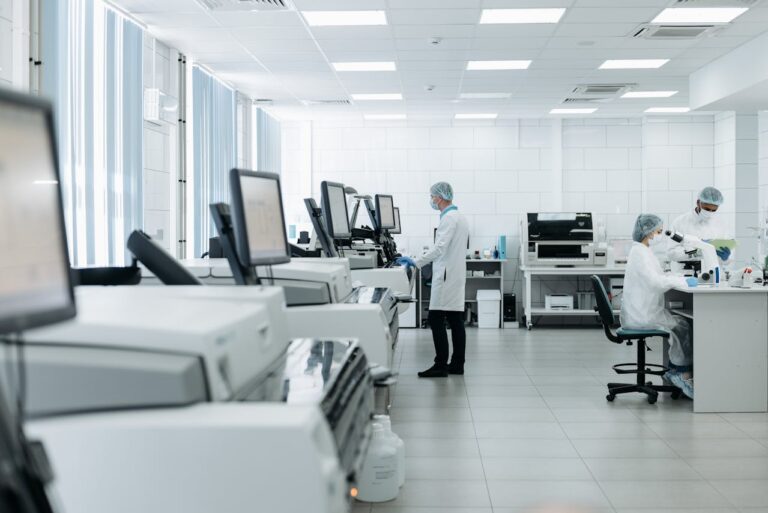As healthcare evolves, data specialists will be in high demand in the healthcare industry as the vast of amount of content generated will have to be structured to make it easier to access and evaluate.
Leading the charge in this healthcare innovation will be teaching in different disciplines where students can focus on learning about information in healthcare data through academics, research and practice.
The innovative Master of Science in Healthcare Informatics program can help aspiring medical professionals to prepare in areas like healthcare database management to solve complex medical issues and secure a lucrative career for themselves.
Impact of data on the healthcare industry
The healthcare industry has always been facing numerous challenges. From shortage of health workers, ageing and unaffordable in-hospital care are all factors that make digital treatment a necessity.
Among the many technologies that will play a role in healthcare transformation will be artificial intelligence (AI), a critical friend which healthcare has been waiting for.
As far as data is concerned, the healthcare industry produces a staggering 30% of the world’s data by volume and till just a few years back 97% of this hospital data remained unutilized.
This vast generation of data by the healthcare industry can collect data for data owners and make it available for scientific research and today most organisations are taking advantage of this to improve medical performances and technologies.
Health data can lead to savings in operational costs, increase the quality of patient care by providing fast and more accurate diagnosis as well as observation of real-world patient outcomes.
Additionally, health data can do target identification of new medicines, reduce the time to market for new therapies and enable personalized medication.
Access to secure medical data is also essential for advancements in medicine, AI training, pharmaceutical research, precision medicine and medical investigation.
This increased emphasis on data analytics will make medical devices a commonplace commodity which in turn will make patient-specific data an important revenue earner for digital health companies.
The growing demand for data and the capacity to capitalize on its usage will lead to the creation of health data marketplaces and expedite the connection between research and health data for facilitating scientific breakthroughs.
Furthermore, these data marketplaces will be able to connect and monetize medical records for data owners in order to create a passive revenue stream and turn medical data into a money-making machine.
Data will also help in enabling predictive analytics for the early detection of diseases and its prevention, while AI on its part will revolutionize personalized medicine by using sophisticated algorithms to tailor healthcare solutions on a patient to patient basis.
Conclusion
Data science will simplify the way to handle the vast amounts of data generated in the healthcare industry.This application will not be limited to just access to electronic medical records but also to clinical trial data, genetic information, billing data, wearable data, healthcare management databases, scholarly journals and much more.
Since public and private healthcare sectors continuously face challenges, the data-driven approach is predicted to gain even more momentum in the next decade.
For more Articles, Visit OD Blog.

